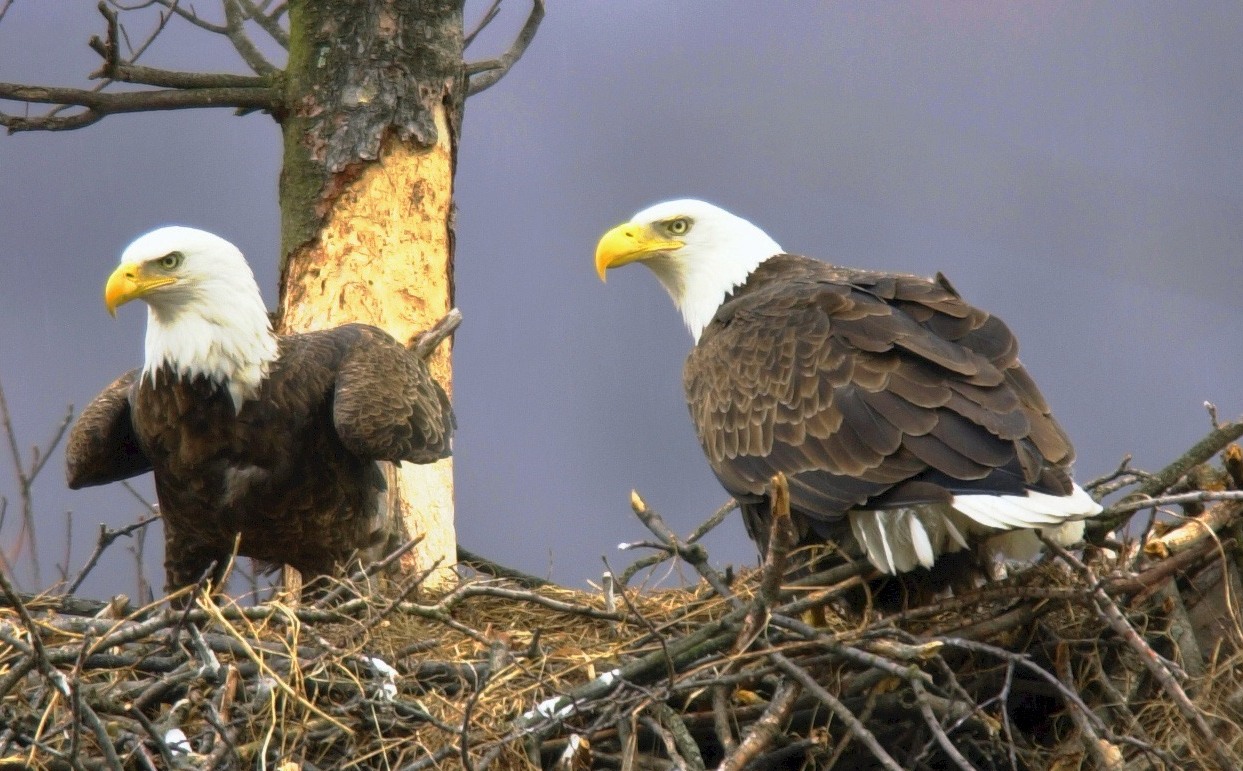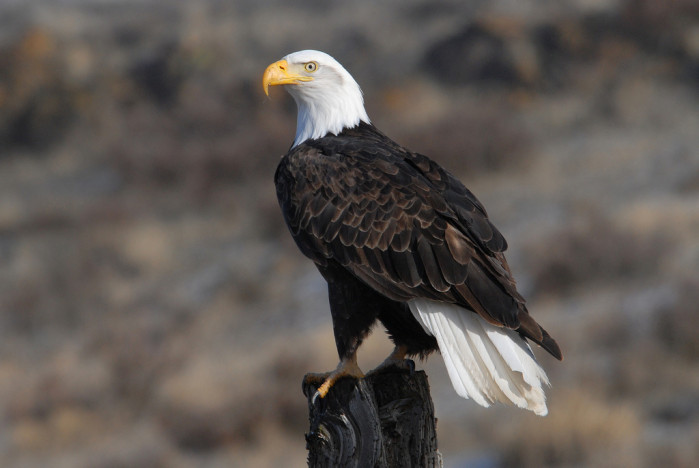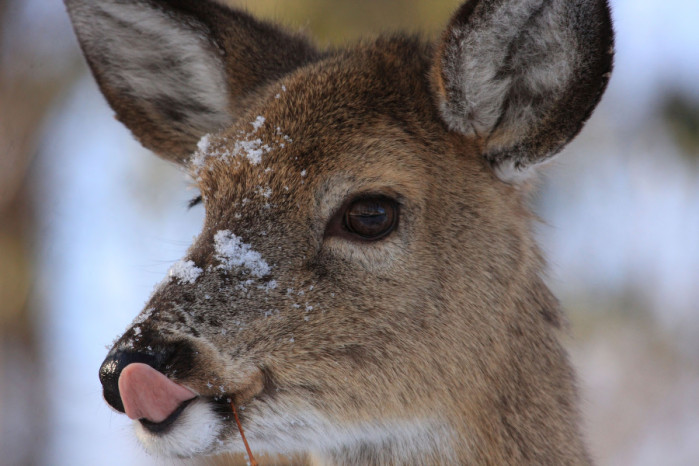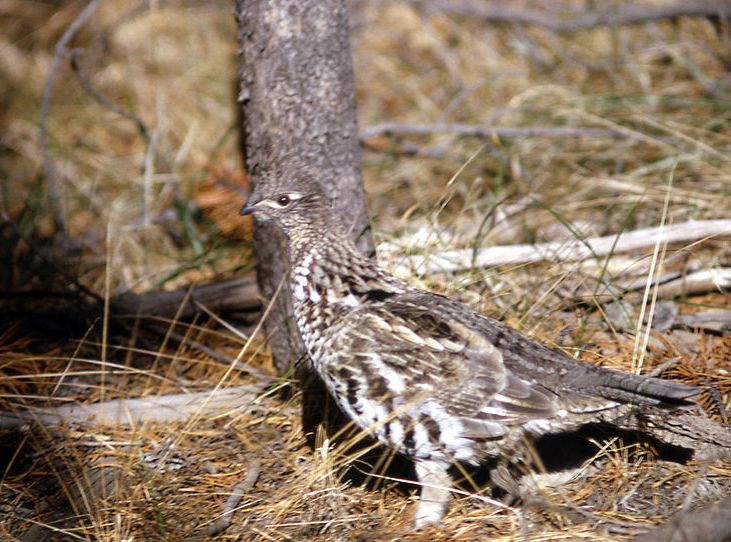Bald Eagle Fatally Shot in Western PA
ATV riders contacted the state Game Commission when they found an injured bald eagle in a rural part of northern Cambria County on May 10th. Wildlife conservation officers arrived on scene to find an injured mature bird with blood coming from its mouth. The eagle died on the way to the state veterinary laboratory in State College.
“The lab confirmed that it suffered at least gunshot wound,” explains Tom Fazi, Southwest Region information and education supervisor for the Pennsylvania Game Commission. “It’s a rural area, but maybe somebody saw something or heard something, and we’re looking for any leads… to find out who may have done this.”
The Game Commission’s Tip Hotline is 1-888-PGC-8001. You can also call the Southwest Region office directly at 724-238-9523. A cash reward may be offered for information leading to an arrest, and tipsters may remain anonymous. It is believed the bird was found on or around the day of the shooting.
Pennsylvania’s bald eagle population is growing, but they are still classified as a threatened species. Bald eagles are also protected under state and federal law.
(photo courtesy of Hal Korber, Pennsylvania Game Commission)







